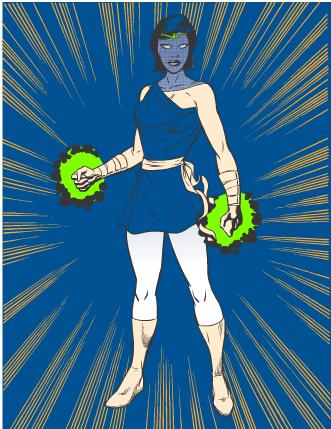Women who undergo IVF treatments to conceive
Just an overview of my findings about IVF patients, who I’ll be representing on Monday’s panel:
Overwhelmingly, the data I’ve come across has dealt exclusively with married heterosexual women. I have a friend back home whose parents are lesbian and was conceived via IVF, so I know this happens, but I’ve found no other resources addressing this particular vein of IVF pregnancies. Nor have I found anything on trans people and IVF pregnancies. So I apologize for the limited nature of my information, but anyway…
Like our anthropologist on women truck drivers on Monday, the vast majority of my data comes from forums. These forums are written pretty much exclusively by women undergoing treatment, and even mention of their husbands is seldom. It seems that this experience is really regarded as an individual one, not a family one. Women who try IVF often have felt like they’re deficient as women for being infertile. Because of the technological nature of the treatment, in that it relies on the harmonious synchronization of tons of hormone levels and other kinds of levels, these women are VERY informed about the science that’s involved, to the point where many of the posts on their forums are unreadable to the outside world, comprised mostly of obscure abbreviations and acronyms. It was strange for me, finding this out, because I had this stereotype in my head that mothers are really nurturing and governed by their feelings and “maternal instincts,” and being so calculating and logical about motherhood just seemed weird.
When IVF is successful, and the patient posts her good news on a forum, the baby is almost ALWAYS referred to as a “miracle.” This concept interests me because it seems that IVF represents a curious intersection between science and something almost other-worldly. It never occurred to me that something founded in science could rely so heavily on chance, because the whole process involves SO MANY variables having to do with the human body that, for the most part, are out of the person’s control.
On a somewhat related note, I was watching a Dr. Phil interview with Nadya Suleman earlier this week, and I found out for the first time that her octuplet pregnancy was not intentional. Her intention was to have one more baby, and she was implanted with 6 embryos, and the probability of all of them surviving was a percentage of a percent. So that made me dislike her a little less. But I still think she’s put herself and her family in a horrible situation by just deciding on another pregnancy. But ANYWAY.
Comments are closed.

Michelle–
coupla’ thoughts, further suggestions:
–“referred to as a ‘miracle,’ IVF represents a curious intersection between science and something almost other-worldly”: remember the quote from Arthur C. Clarke that Laura used to start off class last Wednesday? “Any sufficiently advanced technology is indistinguishable from magic.”
–picking up on your suggestion that the decision to conceive using IVF is regarded as an individual rather than a family one: do you know about the very interesting new forms of family that have been evolving as a result of IVF? That half-siblings and their moms, who are united by having the same donor, are seeking one another out, and thereby constructing extended families? See, for example, the work of The Donor Sibling Registry, which has, to date, helped more than 6255 1/2-siblings connect w/ one another.
–for more on transpeople’s pregnancies, and the family dynamics that result from those procedures, see the film some of us looked @ a few weeks ago: Transparent: The Movie